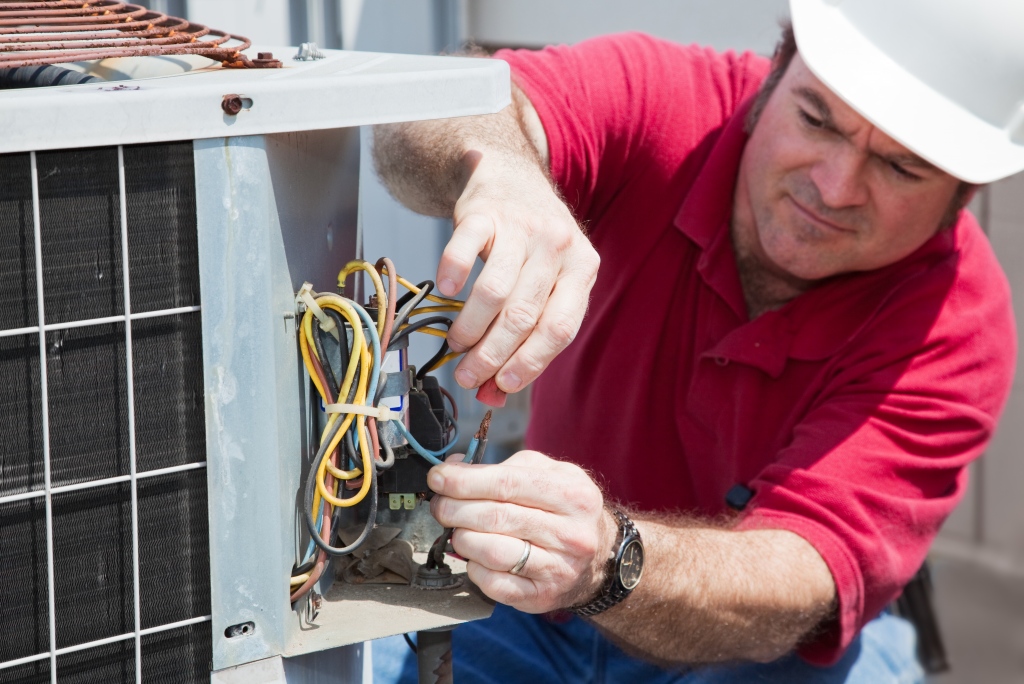An efficient, dependable HVAC system is essential to meet a home’s heating and cooling needs. A highly-rated, newly-installed system is likely to hold up at least a few years before problems develop. Here are four things you can do to ensure the longevity of your equipment as well as consistent performance.
Change Filters Routinely
Check your furnace filter and air conditioner filter twice a year to see if a change is needed. Don’t let the filter get clogged with dust or debris, which will not only pollute your indoor air and possibly contribute to allergies but also may hinder your HVAC performance and damage its parts or operation. If you’re not sure how to check the filter or change it if needed, ask a handyman to help or contact your HVAC dealer.
Schedule Annual Checkups
Just as you set up annual doctor visits and dental exams, do the same for your HVAC system to ensure it is working properly. Contact local residential air conditioning contractors and furnace experts who can inspect your system and replace worn parts as needed. This would be a good time to ask questions about your system and have it cleaned professionally to keep everything in top working order.
Report Problems Immediately
If you notice signs that your HVAC system might not be working a sit should, contact an HVAC expert for an assessment. Air conditioning that is not as cool as it should be or any unusual noises or smells should be evaluated instead of waiting for an annual checkup. Taking care of small problems early can help to prevent bigger problems later on when they may become more expensive to repair and disrupt the household.
Use Equipment Responsibly
Set your home thermostat to a reasonable temperature during each season to get maximum use from your unit. During the summer, avoid cranking up the air conditioner to peak performance day and night. Adjust it to a comfortable level during the daytime hours when it is warmest and set it higher, for less effort, at night. Do the same for your furnace to avoid overworking the system, which could make it age faster or wear out sooner. Turn off the air conditioner when you are traveling, and set the furnace thermostat lower when you will be away for several days.
HVAC systems should never be taken for granted. Take care of your AC and furnace, and you can expect comfortable indoor temperatures year-round.
